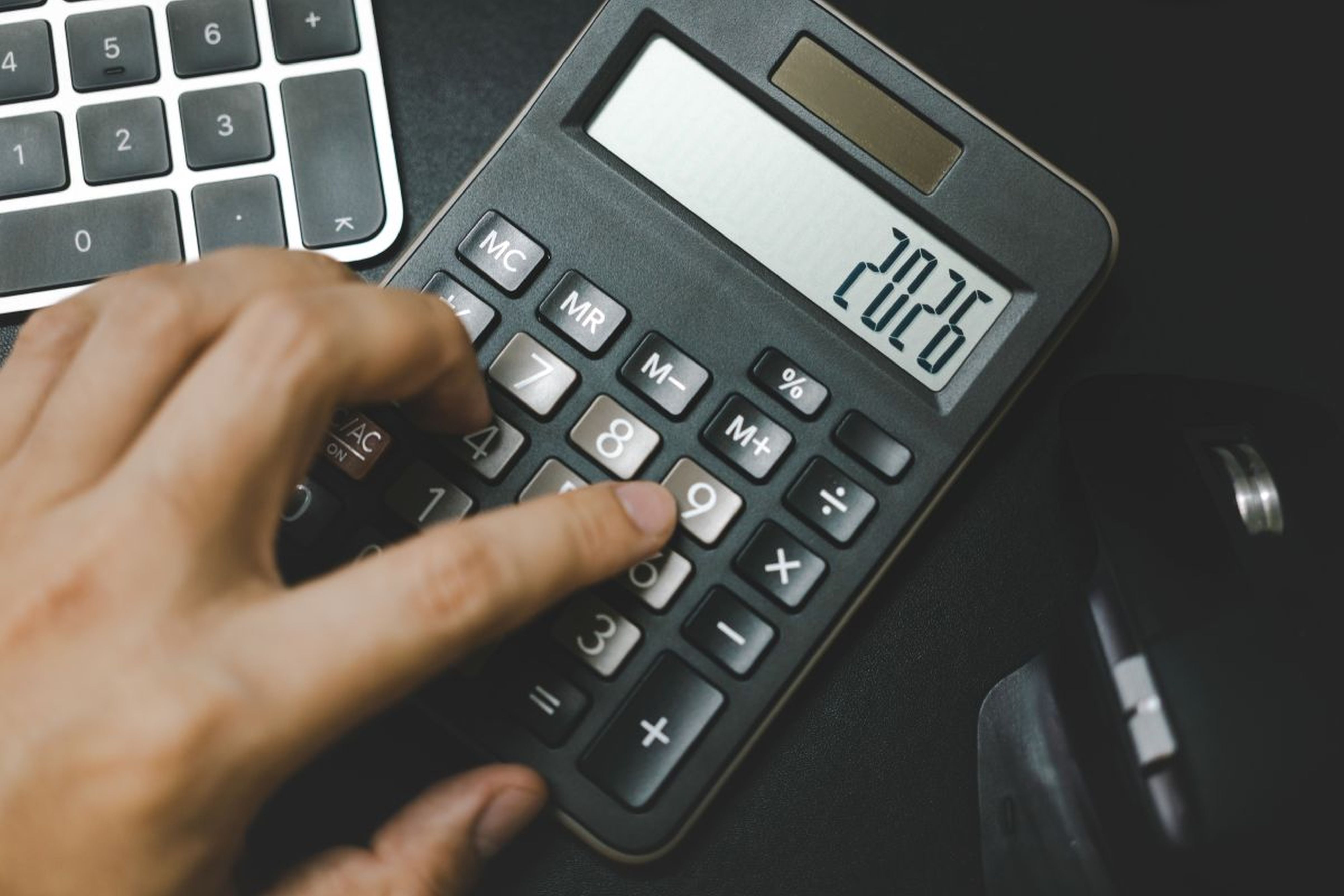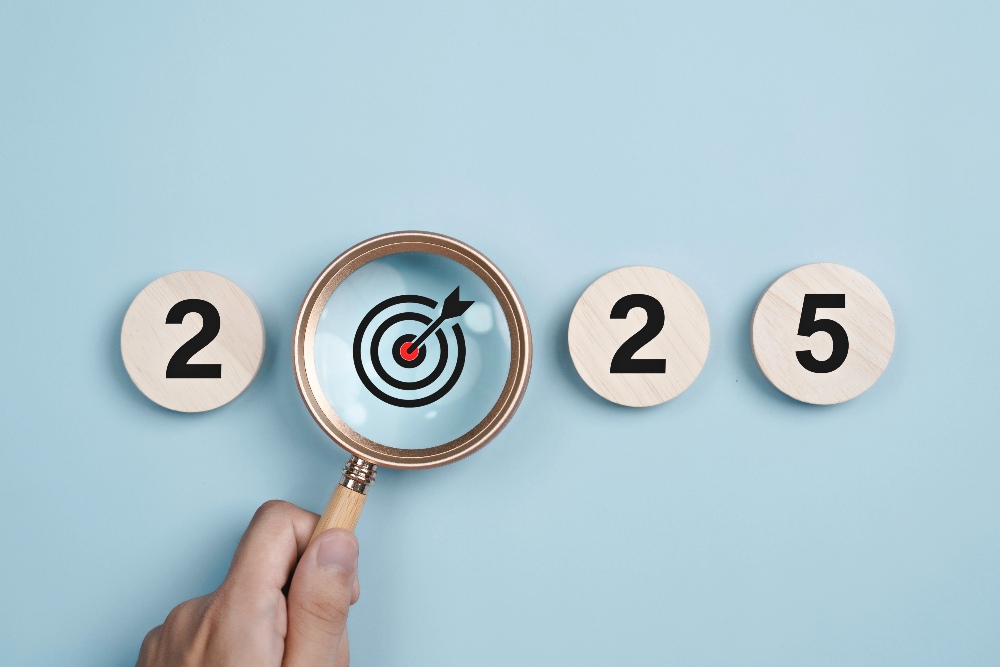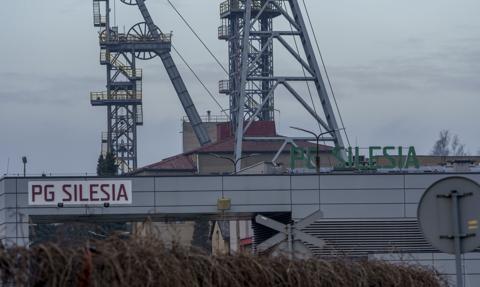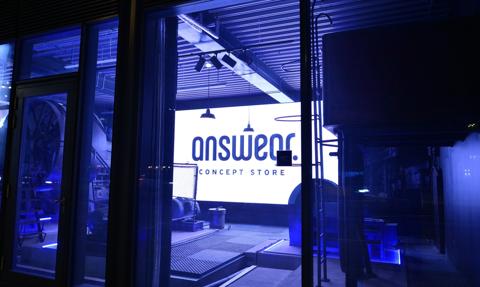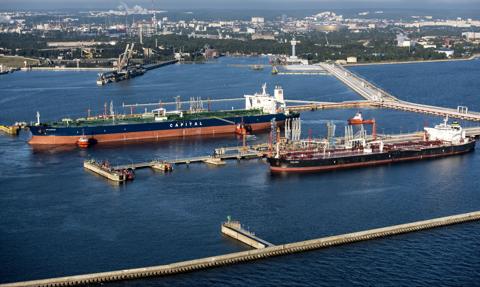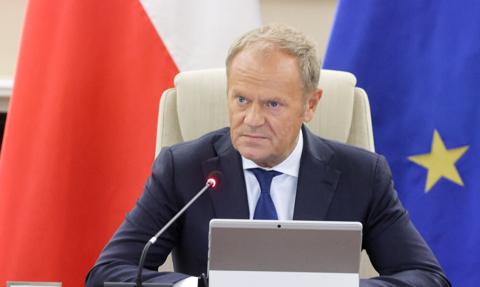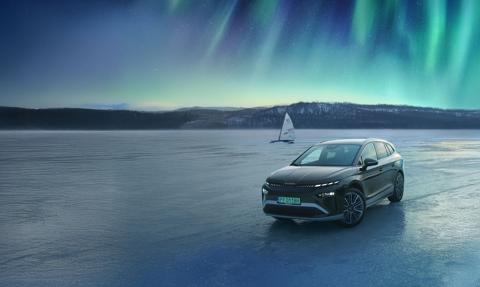On Thursday, Al Gore spoke about the future of technology in Poland to the crowd attending the technology conference put on by Puls Biznesu. Although Gore's, speech was rich with insightful observations and subtle criticisms, nothing he said stood a chance of topping his opening:
"Hello, I'm Al Gore. I used to be the next president of the United States."
And then, over the laughter:
"I don't think that's funny," he said.
The ice thus broken, Gore went on to tell a surprisingly funny story about the low-priced American chain restaurant Shonee's, and how a mistranslated anecdote he told to an audience in Nigeria ended up leaking to the worldwide press with news that the Gores were starting their own fast-food chain.
IT geek supreme
The audience his, Gore turned to the topic of the day: technology. And while detractors might have expected the usual Bore Gore and nerdy tech-talk, or a replay of that much-lauded comment about how he had helped "invent" the Internet, Gore displayed instead a solid armory of knowledge and vision, combined with his honest and direct assessment of what Poland needs to do in order to ensure a tech future on par with that in store for the world's IT leaders.
After outlining the 'megatrends' that he believes will largely shape the coming century, including globalization, biotech, the global climate crisis, and the toxic combination of terrorism and weapons of mass destruction, he finally narrowed in on the one megatrend that everyone in the room was presumably there to hear about: the information revolution.
"I found what's going on here very exciting," he said about Poland. However, despite this prevailing optimism, Gore also delivered a hefty share of frank advice.
Among his key points were that Poland must increase strategic business contacts with the U.S., improve the ability of Polish families-including those in rural areas-to connect to the Internet, constantly improve IT education, and drastically improve the regulatory and legal framework so that it better supports IT development. Nothing too surprising here.
But two of Gore's points stood out: In the U.S. following the IT revolution, there was an increased connection between university professors and the business world, something he sees as severely lacking in Poland. The other, more cutting observation had to do with contract enforcement. Gore cited a study that found that the average time it takes to enforce a legal contract in the OECD is approximately 213 days, while in Poland it is a whopping 1,000 days. And this, he said, is the kind of thing that severely distorts and depresses economic activity.
The open road
Gore's two most striking pieces of criticism were aimed at the general corruption problem and at the monopoly that exists over Poland's phone lines. Although Gore successfully waltzed through the issue of political and economic corruption, following a quick "I'm going to walk on thin ice here... ," by far his boldest and most refreshing rebuke concerned the state of Internet access and fixed-line telephone access in Poland:
"If 90 percent of the fixed-line telephone access is controlled by one company, there is a problem," he said.
Even if the Telekomunikacja Polska representatives in the audience missed Gore's implication at first, they surely got the point after he drove it home repeatedly throughout his hour-long speech, citing several times how the break-up of the 'Ma Bell' telephone monopoly in the U.S. was the determining factor that brought on the information revolution.
Gore bashed the high prices of phone and Internet access in Poland, and even went so far as to suggest that the Internet, as a worldwide network, must eventually go the way of the highways-toll free for everyone. And the prevailing theme of Gore's speech was to simply do whatever it takes to foster competition and, therefore, innovation.
In his concluding remarks, Gore said that he had spoken with Bill Clinton the day before. He reported that Bill's health was stable after his successful quadruple bypass surgery. Gore then said that they had talked about Poland, and that his pal Bill had wished this country "all the best."
The people in the audience smiled, as if to say "Thanks, Bubba. We'll need it."
Michael Lars White










